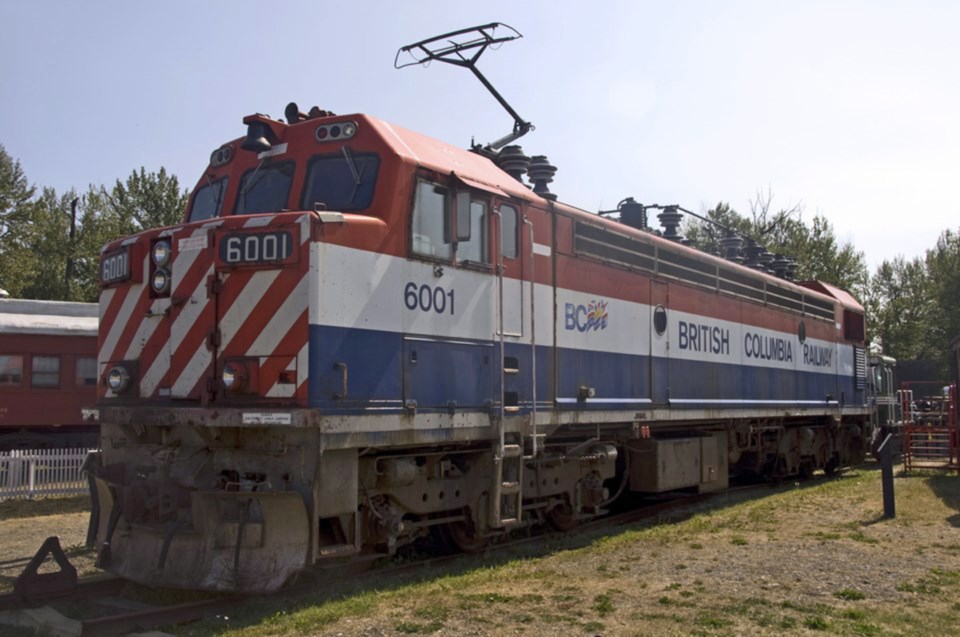What a deal that BC Rail sale was.
We traded a vision of provincial development, a publicly-owned tool of collective action, for a trust fund whose mission statement describes exactly what BC Rail was providing.
As well meaning as the Northern Development Initiative Trust (NDIT) may be, it won’t create “transformative rural development” and “community resiliency” as long as value-added wood manufacturers in places like Mackenzie can’t even get the railcars needed to deliver their product to market.
The mistake we made when we privatized our provincial rail network, strengthening the stranglehold of the national railway duopoly in the process, was multiple. But chief among them was the assumption a private monopoly would care about servicing our small rural communities.
Trips up the spur line? Sounds like a money loser to me. It’s more profitable to keep those offshore containers rolling east to Chicago.
BC Rail’s purpose, especially under W.A.C. Bennett, was to challenge the east-west national rail monopolies. It wasn’t supposed to make money, although between 1978 and 2002 it never lost money. Its goal was to do what the NDIT is supposed to do, but in contrast it succeeded at the transformative level. It stitched together the Central Interior on a north-south axis that changed B.C. forever.
If it wasn’t for BC Rail, there would be no railroad from Prince George to Vancouver. There would be no railroad to Fort Nelson, Fort St. James, the Peace, Mackenzie, and points in between.
Of course, many of these rail lines are now barely used, some having been left to deteriorate while leaving our smaller communities and much industry in limbo.
And therein lies the failure of the prevailing wisdom of the neoliberal vision, if we can call it a vision.
This failed vision prioritizes megacorp profits, globalization and “competitiveness,” even if it comes at the expense of our self-sufficiency and the very viability of our communities.
More perversely, this vision will worry about megacorp “competitiveness,” even when there is no competition, even when these corporations are running near-monopolies in our communities.
Central to this vision is the belief the public shall not take action to challenge this corporate dominance. To the contrary, we sell off the public assets that get in the way.
In this latest incarnation of feudalism, reverence for the oligarchy is alive and well.
What is odd about this philosophy is there appears to be no coherent understanding of elementary economics or how the goal of capitalism is ultimately to serve the public good, not our corporate overlords.
BC Rail was slammed because it was a “government-owned monopoly” but if those critics had opened an economics textbook, they would know that’s not necessarily a bad thing. Sometimes it makes sense to have a monopoly where competition would be silly, like powerlines on your street.
The problem is when the public ends up at the mercy of these “natural monopolies” with no public ownership, or at a minimum, without strong anti-rent-seeking regulation.
The thing that is unacceptable is the unregulated “privately-owned monopoly.” The danger there is real and has inspired bipartisan antitrust legislation and policies for well over a century.
Fittingly, our original railroad monopolies were a big inspiration for many of these policies.
For some reason, we forgot that.
James Steidle is a Prince George writer.



